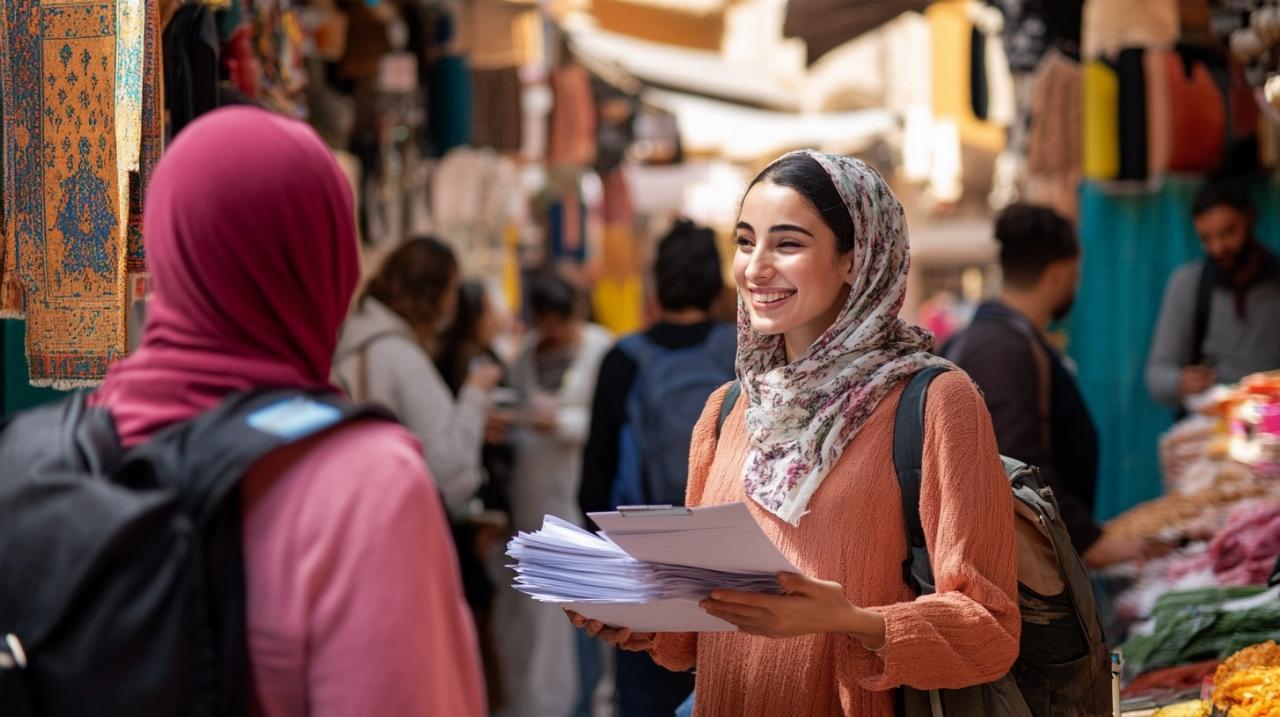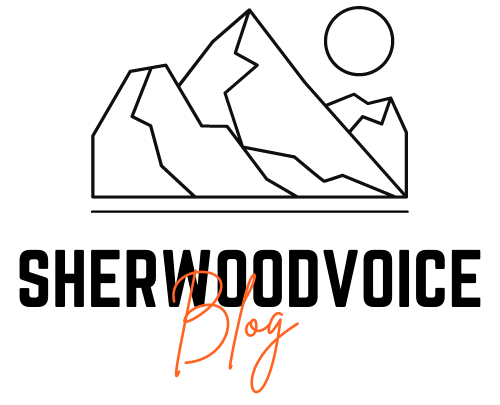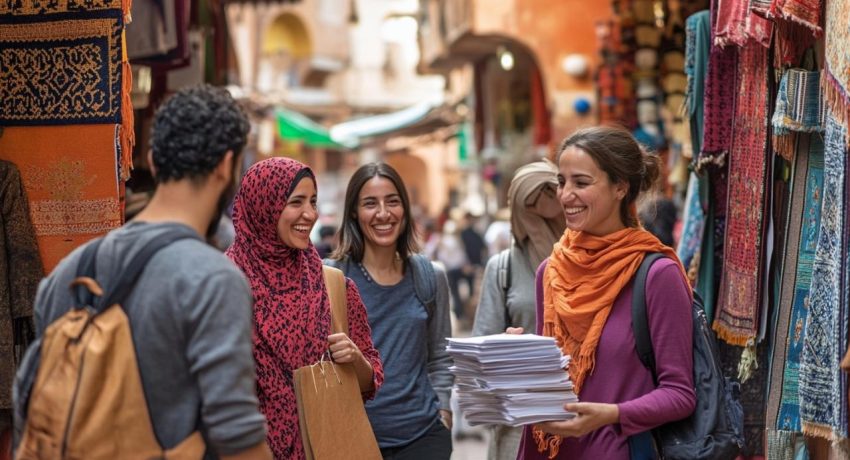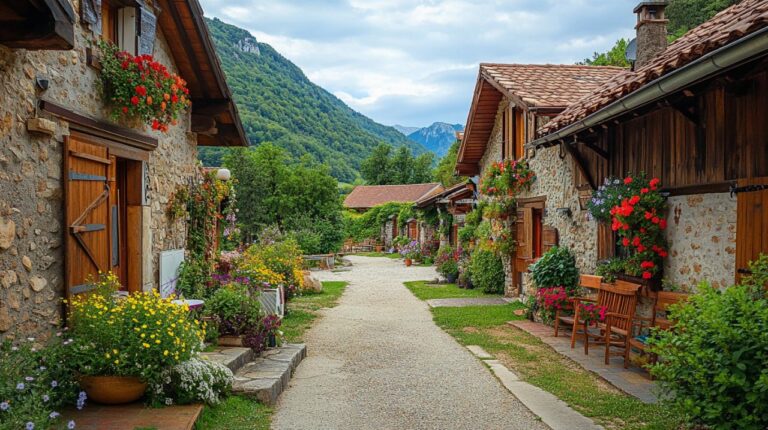Settling into a new life in Morocco as an expat can be a thrilling adventure, but it does come with its fair share of bureaucratic challenges. The vibrant culture, breathtaking landscapes, and warm hospitality make it all worthwhile, but knowing how to navigate the paperwork maze is essential for a smooth transition. Seabridge TFX provides excellent support for expatriates dealing with these challenges, but understanding the basics yourself will still prove invaluable as you establish your new life in this North African gem.
Getting your documents in order
When relocating to Morocco, sorting out your documentation should be your top priority. Without the proper paperwork, you might find yourself facing unnecessary complications that could dampen your Moroccan experience. Planning ahead and understanding the requirements will save you significant time and frustration.
Passport and visa requirements
For British citizens, as well as those from the US and EU countries, short stays of under 90 days typically don’t require a visa. Your passport must be valid for the entire duration of your stay. However, if you’re planning to work or stay longer, you’ll need to arrange the appropriate documentation before your arrival. Work visas generally require sponsorship from a Moroccan company, so securing employment before relocating is highly recommended for a smoother transition into Moroccan life.
Tackling the residency permit process
Anyone intending to stay in Morocco beyond the initial 90-day period must apply for a residency permit, known locally as a ‘carte de séjour’. This process requires demonstrating financial independence and providing a valid lease agreement. First-time applicants should be aware that they may need a criminal record check from their home country, which for British citizens can take up to 40 days to obtain. Planning for this timeframe is crucial to avoid overstaying your welcome and potential complications with authorities. The residency permit process might seem daunting initially, but approaching it methodically will make it manageable.
Communication strategies
Effective communication is perhaps the most important skill for navigating daily life and administrative procedures in Morocco. While many urban professionals speak English, particularly in tourist areas and international businesses, having additional language skills will significantly enhance your experience.
Learning basic arabic and french phrases
Morocco’s official languages are Arabic and Berber, but French serves as a de facto business language and is widely spoken in government offices and urban areas. Learning Darija, the Moroccan Arabic dialect, or French can dramatically reduce feelings of isolation and facilitate smoother interactions with locals and officials. Even mastering basic greetings and essential phrases demonstrates respect for the local culture and often results in warmer receptions when dealing with administrative matters. Language apps, local classes, and language exchange meetups can be excellent resources for building your linguistic confidence.
Finding reliable translators and local guides
While developing your language skills, having access to reliable translators or local guides can be invaluable, especially for complex administrative procedures. These individuals not only bridge the language gap but also understand the cultural nuances and unwritten rules of Moroccan bureaucracy. Networking with established expat communities through social media groups can help you find trustworthy translators and fixers who understand both your expectations and the local systems. These connections often prove essential when navigating property agreements, utility setups, or residency requirements.
Housing and utilities setup
Finding suitable accommodation and setting up essential services requires understanding both the market and the legal frameworks in Morocco. Being informed about your rights and responsibilities as a foreign resident will help you make sound decisions about your living situation.

Legal Considerations for Renting or Buying Property
Foreign nationals can purchase property in Morocco, with the exception of agricultural land. When buying, engaging a notary and opening a Moroccan bank account are necessary steps in the process. For renters, be aware that online listings often target international clients and may be priced accordingly. Many locals find better deals through word-of-mouth and personal connections. Whether renting or buying, having a legal expert review any contracts is highly recommended to ensure everything is properly documented and legally binding according to Moroccan law.
Navigating water and electricity connections
Setting up utilities in Morocco can be a complex process for newcomers. Water and electricity connections might require multiple visits to different offices and submission of various documents. Wireless and fibre internet packages typically start from around 419 MAD (approximately £32) per month. For cooking and heating, many households use gas canisters, which cost about 50 MAD (roughly £4) for a standard 12kg bottle. Having a local friend or relocation specialist assist with these setups can prevent common pitfalls and ensure everything is properly registered in your name.
Financial and health matters
Managing your finances and healthcare needs requires understanding the local systems and planning accordingly. Setting these up correctly from the start will prevent potential headaches down the road.
Opening a moroccan bank account
Having a local bank account is essential for managing day-to-day expenses and paying bills in Morocco. The process typically requires identification, proof of residence, and verification of income. Different banks offer varying services and fee structures, so it’s worth researching several options before making your decision. Some international banks have branches in Morocco, which might offer more familiar services for expats. Once established, your Moroccan account will facilitate everything from utility payments to property transactions, making it an essential part of settling in.
Securing proper health insurance coverage
Healthcare in Morocco varies widely between public and private facilities. While basic consultations are relatively affordable at around 150 MAD (approximately £12) and specialist appointments around 300 MAD (about £23), comprehensive health insurance is strongly recommended. Public healthcare is available to those earning below certain thresholds, but most expats opt for private insurance that covers both local treatment and potential medical evacuation if necessary. Researching and securing appropriate coverage before arrival will ensure you’re protected from the moment you land in your new home.
Managing the bureaucratic experience
Perhaps the most challenging aspect of expat life in Morocco is adapting to different administrative rhythms and expectations. Approaching bureaucracy with the right mindset can make all the difference in your experience.
Maintaining patience during administrative processes
Moroccan administrative processes often move at a different pace than what many Western expats might be accustomed to. Government offices may close for several hours during the afternoon (typically from 2 PM until 4 or 5 PM) and on Friday afternoons for prayers. Building flexibility into your schedule and approaching interactions with patience will significantly reduce stress. Remember that building relationships can be as important as following procedures, so taking time to exchange pleasantries before discussing business matters is both culturally appropriate and practically beneficial.
Document storage and organisation tips
Given the importance of documentation in Morocco, developing a robust system for storing and organising your paperwork is essential. Keep multiple copies of all important documents, both physical and digital. Consider creating a dedicated folder for each category of paperwork, such as residency, housing, utilities, and medical information. Always have copies of your passport, residency card, and lease agreement easily accessible, as these are frequently requested for various services. This level of organisation will save countless hours when navigating future administrative requirements and renewals.








